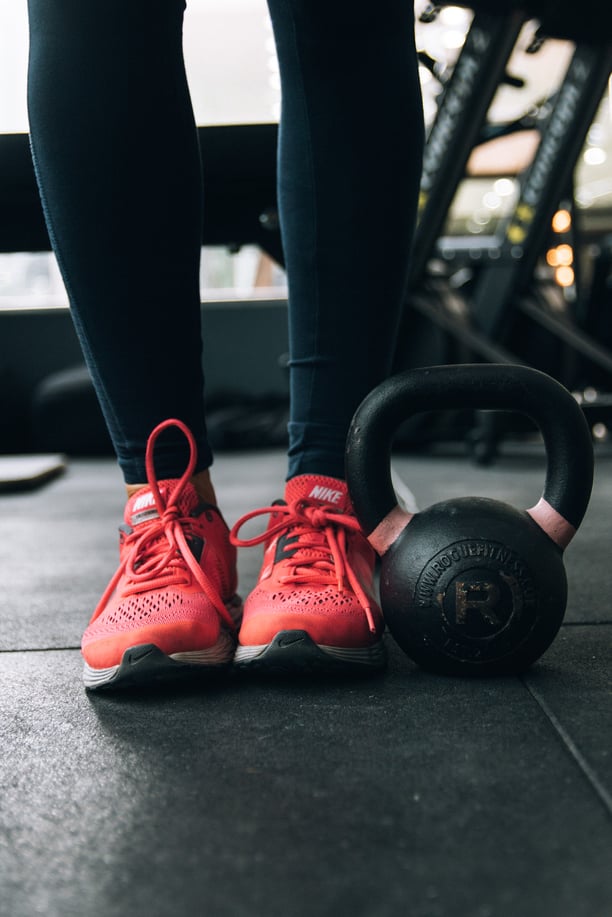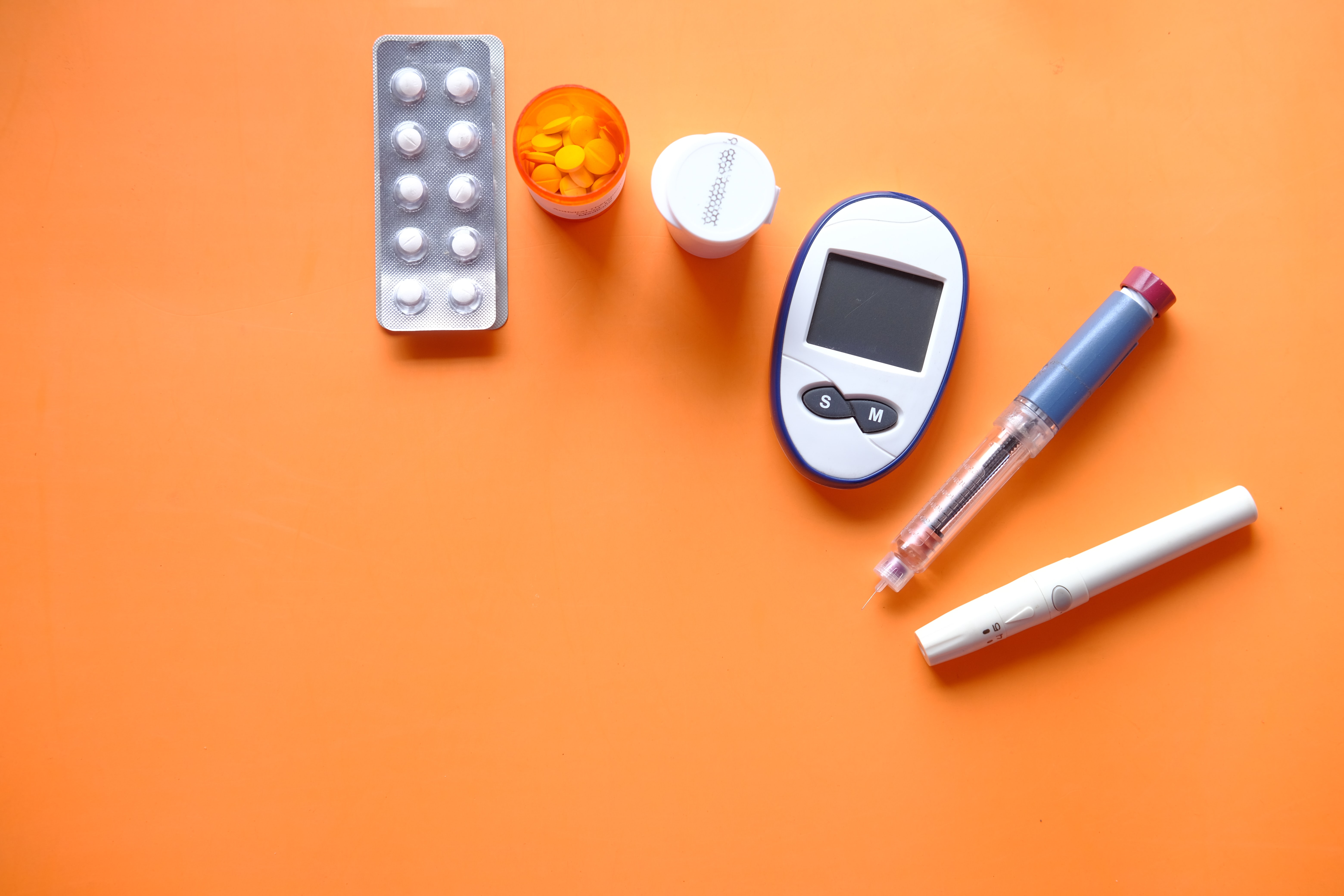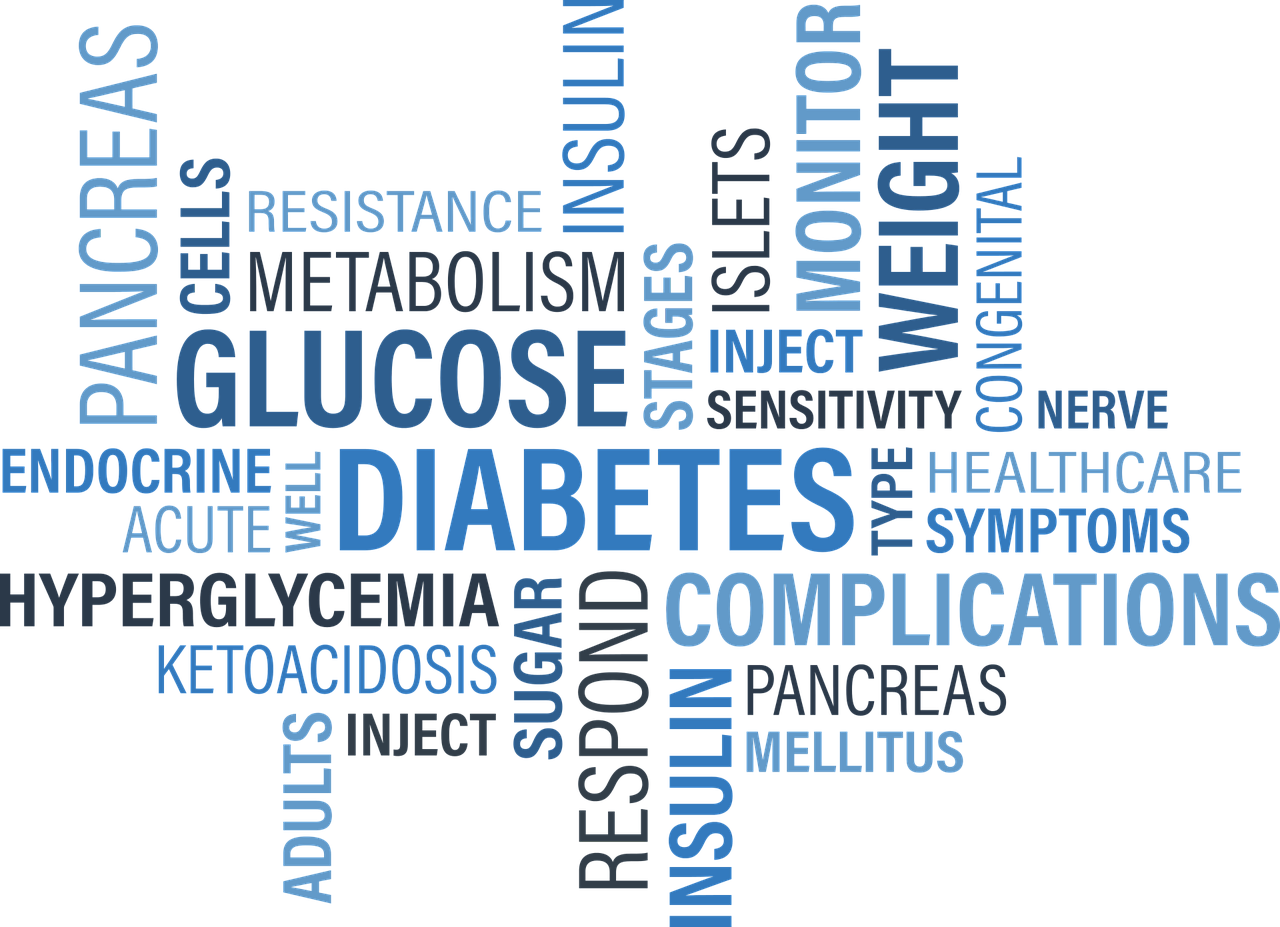5 Muscle Building Weight Loss Tips
Let's face it, being overweight is the consequence of calorie intake in excess of what the body requires. Now that does not mean you are lazy and don't exercise enough, nor does it mean you are stuffing your face all day. It simply means, your metabolic rate is not keeping up with what you are consuming (in food). Now this "metabolic rate" is not always easy to pin down and quantify. You can improve your metabolic rate with exercise, specifically muscle building. Since this is something you can control and quantify we will look at muscle building weight loss tips, and the research that supports this.
Muscle Building or Jogging?
So you want to loose 10-20 lbs, you got your diet dialed in but are not sure what to do at the gym. Where do you start?
Exercise strictly as a means of burning excess calories has been established by many different researchers. Most of this research suggests that aerobic exercise (like jogging, hiking) is a superior form of exercise to loose weight when compared to weight lifting type exercise alone.1 This makes sense since you would tend to burn more calories this way. When most people start exercise they typically choose aerobic type exercise over weight lifting alone. While on this topic it is important to point out that the time you spend exercising is not as important as the work you do. So for instance, if you run 1 mile and it takes you 5 minutes or 20 minutes these would be considered somewhat equal in terms of their benefit. In fact, it may be more beneficial to do it in the shorter duration. If this means the exercise you do has a higher intensity. This link below has more information on this.
by many different researchers. Most of this research suggests that aerobic exercise (like jogging, hiking) is a superior form of exercise to loose weight when compared to weight lifting type exercise alone.1 This makes sense since you would tend to burn more calories this way. When most people start exercise they typically choose aerobic type exercise over weight lifting alone. While on this topic it is important to point out that the time you spend exercising is not as important as the work you do. So for instance, if you run 1 mile and it takes you 5 minutes or 20 minutes these would be considered somewhat equal in terms of their benefit. In fact, it may be more beneficial to do it in the shorter duration. If this means the exercise you do has a higher intensity. This link below has more information on this.
5 Weight Loss Myths
However, if you only do aerobic exercise you may be missing out on a critical component of long term weight loss and maintaining the loss you achieved with jogging or walking. Muscle building weight loss exercise simply refers to exercise that build muscle mass. Muscle building helps because of it's link to metabolism. The key with this type of exercise is to focus on the long term outcomes not the day to day scale changes. Because the amount of muscle you have determines your resting metabolic rate, increasing your muscle increasing your metabolism.
So where should you focus your efforts in the gym for weight loss? I suggest you should be doing both aerobic exercise and resistance training. Your weekly routine may look different depending on how much time you have but you should be doing at least 1/3 of your time on muscle building. Below we will discuss specific muscle building weight loss approaches.
Metabolic Link: Muscle Building and Weight loss
The amount of energy your body consume at rest is known as basal metabolic rate (BMR). In a search for determinants of BMR, researchers looked at the uptake of oxygen between varied muscle mass individuals. They concluded that muscle mass is one of the central factors determining metabolic activity (along with hormones).2 Hence, people with bulkier muscles expend more energy at rest than those with lean muscles.
So let's look at tips to increase your muscle to help increase your BMR.
The Muscle Building Weight Loss Tips
1. Types of Exercise Matters Most
Muscle building exercises are those that require you to contract your muscles against a weight (or just gravity). These are things like biceps curl, squats, bench-press, shoulder press, etc. To get the most out of these exercise, I would recommend you choose exercises that use the most muscle groups. For instance, instead of doing a leg extension you could do squats. Instead of doing shoulder press you could do a kettle-bell swings (don't hurt yourself, get instruction on proper form before attempting).
When trying to build muscle you should also keep in mind the number of repetitions you perform and how much weight you use. For muscle building you should be doing about 8-10 reps. Use a weight that makes the muscle fatigued on the last 3-4 repetitions. If you choose weights that are too light for you, you won't build muscle and it will be a waste of time. In order for your muscles to respond you need to make them tired and adapt to the heavier weights. This is what causes them to grow.
2. Nutrition Post Workout
Your muscles are made out of protein. Well, to be more precise amino acids. The specific type of amino acids are branch chain amino acids. So after your resistance exercise workouts (in particular), you can add a little BCAA's within one hour to provide your body with building blocks and promote muscle synthesis. Protein itself can be used as well or in place of BCAA's. Protein requirements will vary depending on how much resistance exercise you are doing. Minimum amounts should be 1/2 your body weight in grams. Maximum 0.75-1 grams of protein per pound of body weight.
3. Sleep
Sleep is the time when our minds, bodies, and muscles rejuvenate and rebuild. This is specifically the time when the body rebuilds and the damaged muscles from the exercise you did that day. The amount of sleep each person needs is variable but most people need at least 7-9 hours. If you are sleeping less than 7 hours, this may negatively impact your ability to build muscle.
Sleep is also the time when many of your hormones that support muscle building are produced. Ferris et al found that muscle building resistance exercise, is more likley to produce better sleep and as a result more muscle and metabolic activity. 5
4. Hormones
Testosterone and growth hormone are the two hormones that promote muscle building. Both are naturally occurring in men and women. With age these hormones decline and this is in part responsible for the decline in muscle mass with age. The decline in muscle mass is likely the main cause for reduced metabolism with age as well. Testosterone and growth hormone production are stimulated by muscle building exercise (described above). Of course low testosterone is part of hormonal imbalance (deficiency in this case) and can be supplement to boost levels and muscle building potential.
5. Stress
High stress causes you your body to produce higher cortisol. This hormone by nature is a catabolic (the opposite of anabolic) hormone. So when you are under higher stress, it is hard for your body to build muscle. Stress is a broad term and we all have different things that trigger stress. Instead of trying to reduce the triggers one by one, focus instead on the one or two things that make those triggers less noticeable or reactive. For instance, with better sleep you will automatically improve your ability to handle all stressors.
As you can see muscle building is an essential component of a weight loss program. It accelerates weight loss due to its effect on metabolism, and indirectly improves quality of life by optimizing hormones, sleep, and stress. If you are struggling to loose or maintain your weight try some of these strategies. If you need more in depth and hands on help, click on the link below or share your comments below.
References
1. Swift DL, Johannsen NM, Lavie CJ, Earnest CP, Church TS. The Role of Exercise and Physical Activity in Weight Loss and Maintenance. Progress in cardiovascular diseases. 2014;56(4):441-447. doi:10.1016/j.pcad.2013.09.012.
2. Zurlo F, Larson K, Bogardus C, Ravussin E. Skeletal muscle metabolism is a major determinant of resting energy expenditure. Journal of Clinical Investigation. 1990;86(5):1423-1427.
3. HAWKINS VN, FOSTER-SCHUBERT K, CHUBAK J, et al. Effect of Exercise on Serum Sex Hormones in Men: A 12-Month Randomized Clinical Trial. Medicine and science in sports and exercise. 2008;40(2):223-233. doi:10.1249/mss.0b013e31815bbba9.
4. Craig B, Brown R, Everhart J. Effects of progressive resistance training on growth hormone and testosterone levels in young and elderly subjects. Mechanisms of Ageing and Development, (1989);49(2):159-169. doi:10.1016/0047-6374(89)90099-7
5. Ferris LT, Williams JS, Shen CL, O’Keefe KA, Hale KB. Resistance Training Improves Sleep Quality in Older Adults a Pilot Study. Journal of Sports Science & Medicine. 2005;4(3):354-360.



















